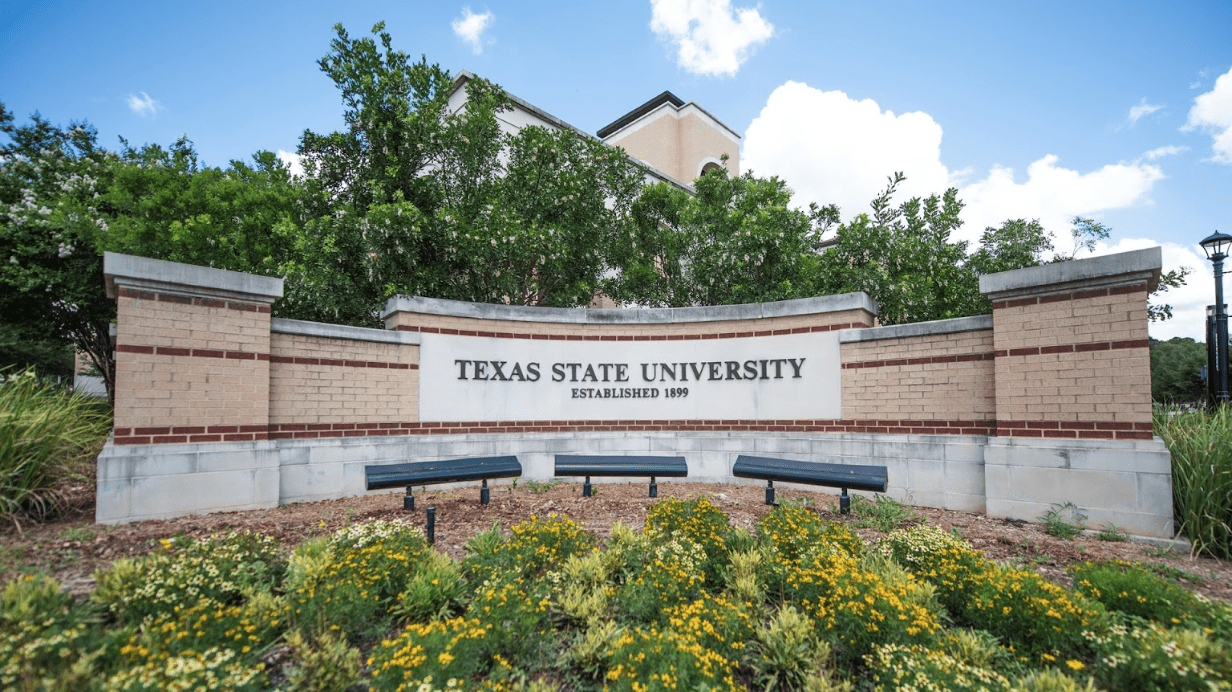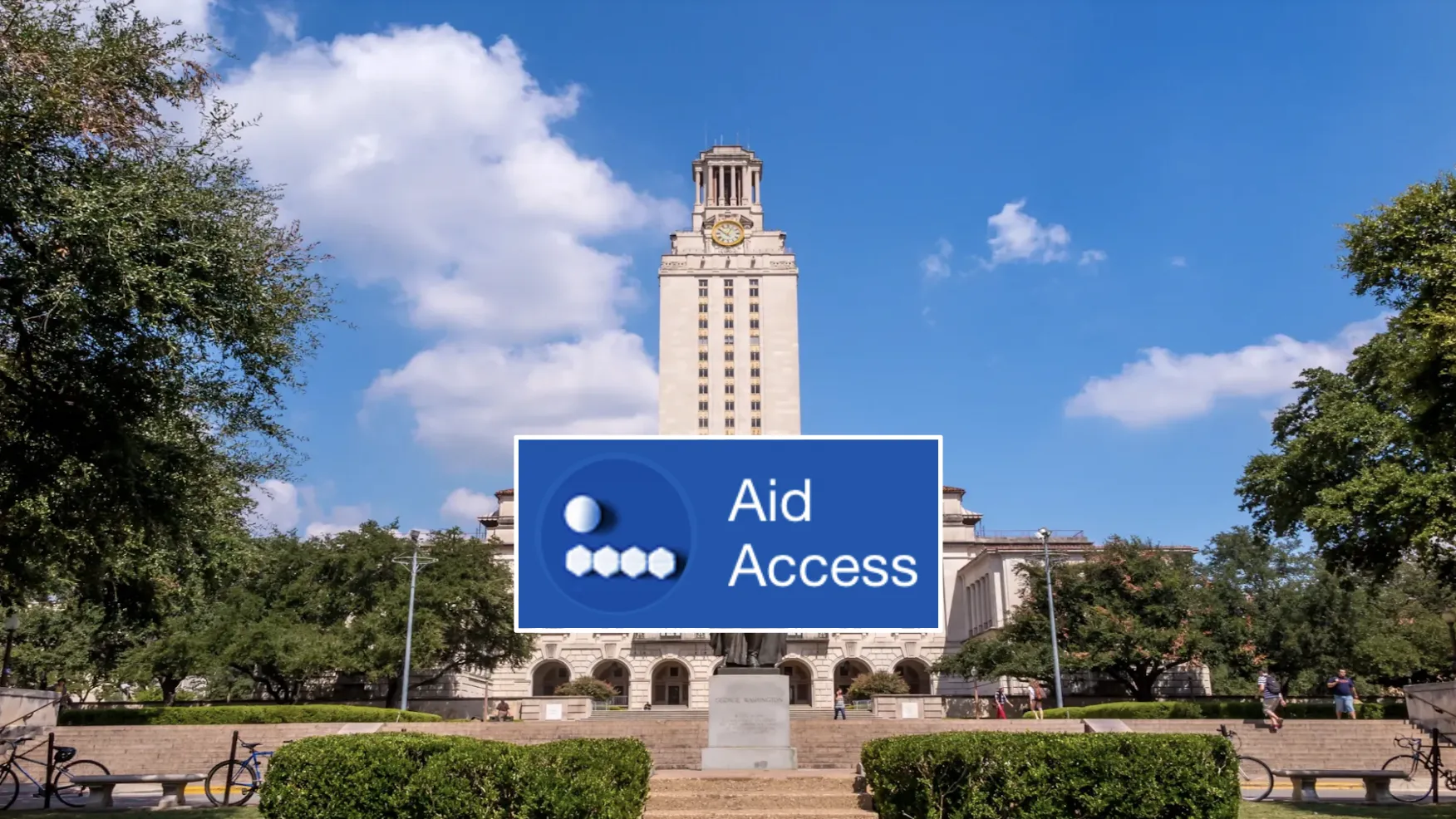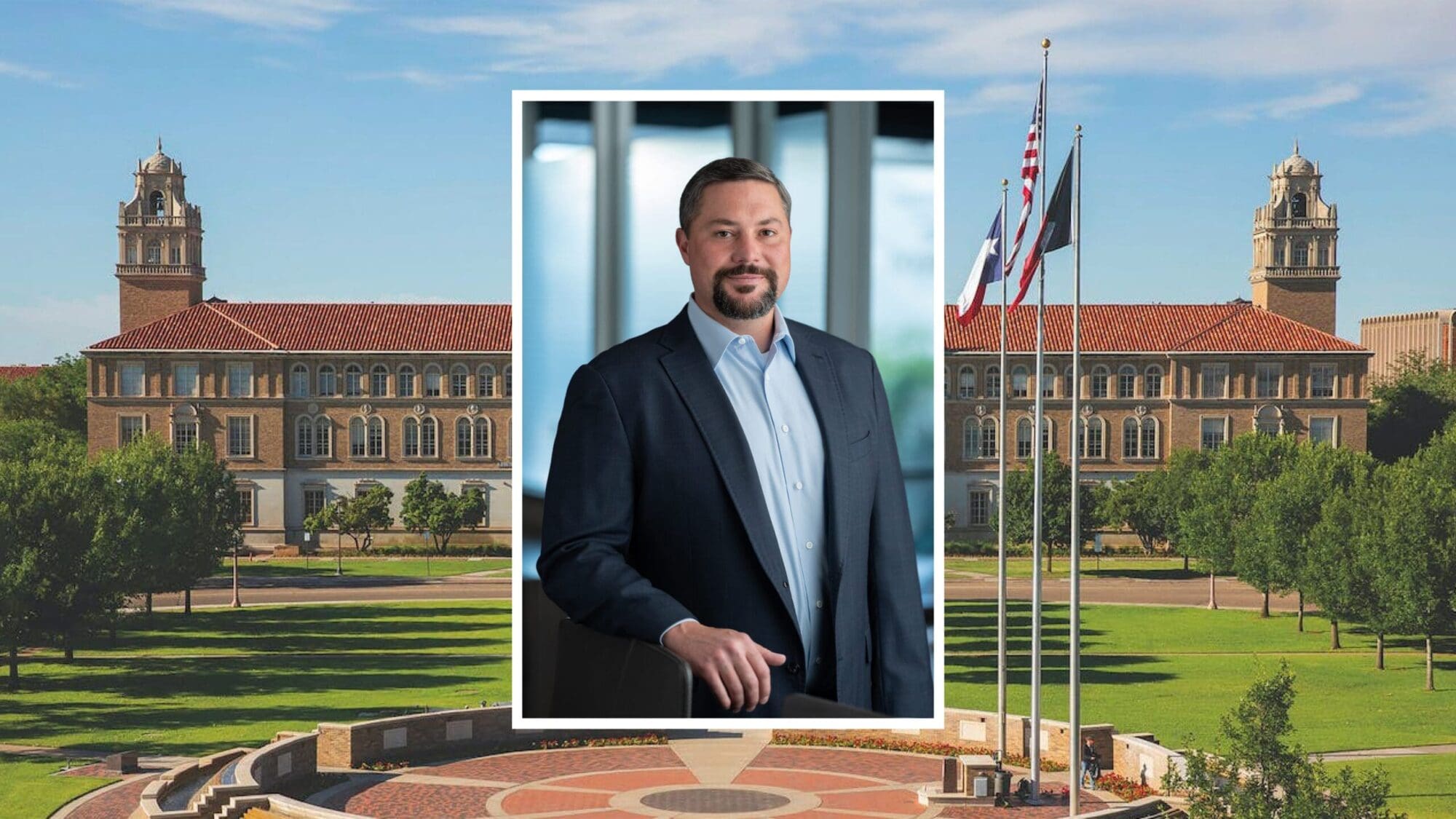A summer course at Texas State University promoted LGBT ideas concerning gender and sexuality within families.
Family Diversity is an online course that ran from May 27 to June 24. It featured lessons on gay marriage, “transgender” children, and adoption by same-sex couples. The course also included readings that openly endorsed and supported LGBT parenting.
According to the syllabus, course objectives included identifying, analyzing, and explaining “diverse family forms” and examining their “potential strengths and vulnerabilities.”
The four-week course had 20 modules, including some that examined adolescent, foster, and stepfamilies as “diverse” forms.
A module during the week of June 9 was dedicated to examining “same-sex families.” According to the syllabus, students learned about same-sex and LGBT parenting, “parenting a transgender child,” and related public policy issues such as restroom access.
The module also reviewed the typical “timeline for same-sex couples,” looking into how the development of a same-sex couple’s family differs from that of a standard family. The module concluded by looking at adoption by same-sex couples.
Research has been done on this topic elsewhere.
For example, in July 2012, Social Science Research published the New Family Structures Study, which explored differences in life outcomes among young adults raised by parents who had same-sex relationships, comparing them to peers from various family backgrounds. The findings suggest that these individuals experienced more challenges in areas like education, mental health, and relationships.
A recent “multiverse analysis” by Cristobal Young and Erin Cumberworth re-examined the New Family Structures Study and found that, across more than two million reasonable analytic variations, children with lesbian or gay parents consistently showed worse outcomes compared to those raised by intact biological parents, confirming the original findings’ robustness despite critics’ objections.
A cursory review of listed references for the Texas State class found multiple articles that support the LGBT agenda. One has the unsettling title “Parenting a transgender child: ‘The day my four year old son told me he was a girl.’”
That reading is behind a paywall, but others were publicly available.
One is the 2005 article “Gay Marriage, Same-Sex Parenting, and America’s Children” by William Meezan and Jonathan Rauch. The article examines the effects of same-sex marriage and parenting on child well-being. The authors claimed that children raised by same-sex couples fare equally well as those raised in standard families.
However, they also criticized comparing same-sex marriage in this way. “The use of sameness arguments suppresses feminist critiques of the family as a prime site of hetero-patriarchal oppression,” they wrote. Meezan and Rauch also claimed that same-sex marriage could offer children material, emotional, and social benefits by improving family stability.
Another source listed in the syllabus is a 2021 policy brief published by the National Council on Family Relations titled “LGBTQ+ Parents and Their Children” and written by Charlotte J. Patterson, Rachel H. Farr, and Abbie E. Goldberg.
The authors support federal and state laws such as the federal non-discrimination bill, which would include sexual orientation and gender identity in current civil rights laws.
The article also advocates for research and funding to “enhance the experiences among a full range of diverse ‘LGBTQ+’ parents and children.” Additionally, it provides “recommendations for policymakers” with suggestions to help LGBT people in parenting roles.
Dr. Christine Robertson Gray taught the Family Diversity summer course. She co-wrote a 2016 article with University of Illinois at Urbana-Champaign’s Brian Ogolsky in the Journal of Family Psychology titled “Conflict, negative emotion, and reports of partners’ relationship maintenance in same sex couples.” It examines how daily conflict affects individuals’ perceptions of their partners’ relationship maintenance behaviors in same-sex couples.
This class was offered by the Texas State University (TSU) School of Family and Consumer Sciences.
Texas State University did not respond to a request for comment before publication.
Texas Scorecard will continue to examine higher education in the state. If you or anyone you know has information regarding universities, please contact our tip line: scorecardtips@protonmail.com
No ads. No paywalls. No government grants. No corporate masters.
Just real news for real Texans.
Support Texas Scorecard to keep it that way!





